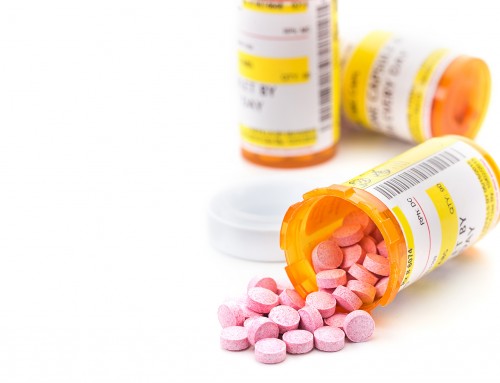What are the effects associated with incorrect Warfarin dosage?
Warfarin is an effective medication commonly used for preventing blood clots, but the correct dosage to administer can vary among different individuals. Determining the correct warfarin dose is important for safety and effectiveness, as excess warfarin in blood can result in severe bleeding, while insufficient warfarin will not effectively protect against abnormal blood clotting. Administering the wrong dose of warfarin can lead to a life-threatening hemorrhage or thrombotic event.
The correct dosage of warfarin is dependent upon an individual’s tolerance level for warfarin. Warfarin sensitivity may be observed when an individual’s tolerance for warfarin is low. Individuals with warfarin sensitivity take a longer time to metabolize (break down) warfarin, thus requiring a lower warfarin dosage for the same effect. Some people with warfarin sensitivity have a slower blood clot forming process, and they will also require lower doses of warfarin and incorrect dosing can result in abnormal bleeding in tissues and organs.
Complications of warfarin usage may also involve warfarin necrosis, purple toe syndrome, increased risk of osteoporosis or calcification of arteries and heart valves.
About the Warfarin Sensitivity DNA Test »
References:
WarfarinDosing.org
Pavani A, Naushad SM,
Rupasree Y, Kumar TR, Malempati AR, Pinjala RK, Mushra RC, Kutala VK (2012). Optimization of warfarin dose by population-specific pharmacogenomic algorithm. Pharmacogenomics J. 12(4): 306-11.
Warfarin Uses, Dosage, Side Effects. Drugs.com.
DNA In the News2017-04-06T19:53:30+00:00

